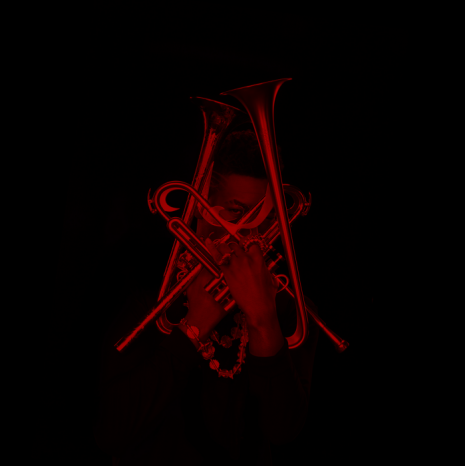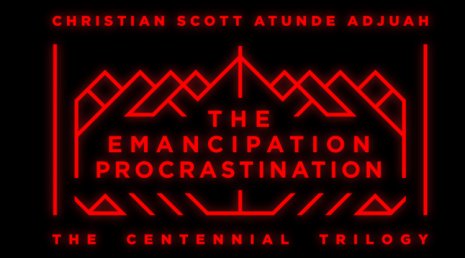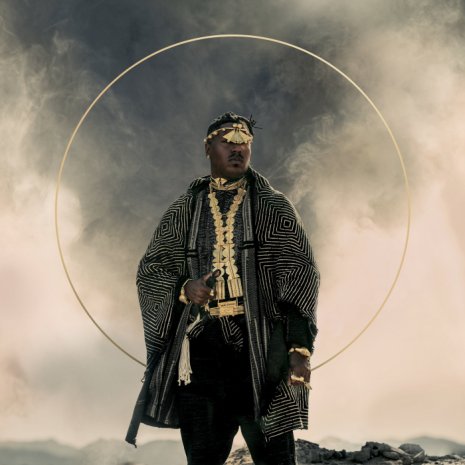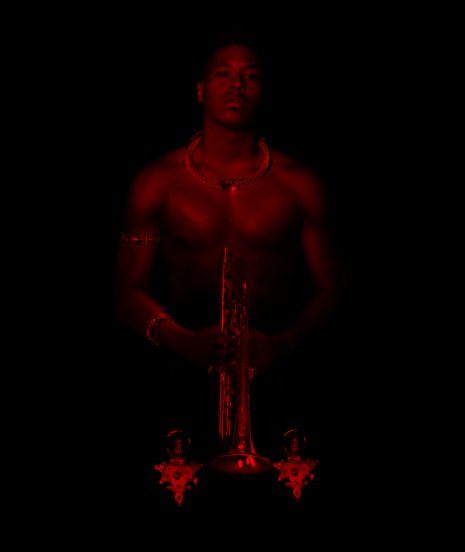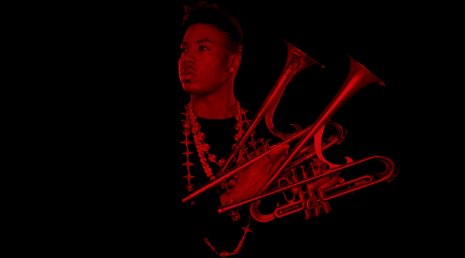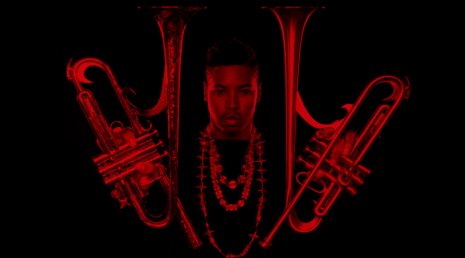Chapter Two
Yea, the Latin Tinge he called it.
Yeah, no, listen, I grew up on that music, and you're absolutely right. If you're talkin’ about The Meters, Jellyroll, Irma Thomas, Professor Longhair or if you talkin’ about Ishmael Rivera, Celia Cruz, Alfredo "Chocolate" Armenteros, Gonzalo Rubalcaba, Chucho Valdes…just watching our people move and how it opens them up. As I got older I wanted to understand why rhythm does what it does, how rhythm does what it does, the counterpoint and harmony in rhythm. A huge part of what we do is also about decolonializing sound, a requisite of that, to me, deals with the rhythmic nature of music and how left out that is. How undervalued that can be in how western music is taught. Once I got to Berklee, I started to hang out with Luques Curtis and his brother Zaccai. We've been making music together for almost 22 years now. It doesn't get any better, these cats really understand how that music is constructed. They played with Donald; Luques has essentially been the musical director for Eddie Palmieri’s band for almost 15 years now. When I got to Berklee and started playing at Wally’s, hitting together and sharing ideas with the brothers Curtis. We all met in Havana, Cuba, in 1999 or 2000, as kids playing with different bands at Chucho's Festival in the old city. They grew up playing Salsa and Latin Jazz; I could hear the relationship to Black Indian music, early Jazz, most New Orleanian music really. The rhythms were virtually the same as we played in New Orleans only the inflections and approaches are different. Home we play the rhythms in a relaxed style a laid back approach, even if the song is feverish and full of energy, the carriage is always laid back. In Cuba, the rhythms feel more locked in. Styles man, that's the difference. The connectedness is incredible. To be real, these are essentially the same people that just ended up in different parts of the diaspora. Often the Crescent City is referred to as the northernmost city of the Caribbean. Luques started playing with Eddie Palmieri and some of the best Salsa bands on the east coast when he was in his late teens, so they were already in that environment. I would go and hang out with him with Jerry González, and cats from Fort Apache (González’ band); Donald played with Eddie Palmieri’s band all throughout the '90s. So by the time I'm like, 17 or 18 years old, I had met Eddie and Chucho. I'm listening to Irakere’s (Valdés’ group), Eddie and Charlie Palmieri as a child, and I'm playing some dates with Eddie's band at that point. So my proximity to a lot of those musicians is just as important in my development as a younger musician, as my proximity to the guys that come from what would be considered a purely Jazz space. To me, Cuban music and New Orleanian music are essentially neighboring branches of the same tree.
Stretch Music, our approach to creative improvised music, is about dismantling harmful sentiments and practices in music. It is a genre-blind approach that attempts to ‘stretch’ jazz’s rhythmic, melodic and harmonic conventions to encompass as many other musical forms, languages and cultures as possible. Showing the synergy between people and cultures can mend a lot of the unnecessary tension that exists between people. One example of this is our relationship to rhythm in the West. We know that we come from a space where there are hundreds of years of rhythmic history and useful information. We know that. So to learn music in a system that has such little reverence for that fact can be difficult. It impedes the progress and refinement of developing musicians. You may have a natural sense of rhythm, just like you may have a natural sense of harmony. If you're a person who only practices things that are geared to the melodic and harmonic space, versus a person dealing with rhythm, dialogue in rhythm, harmony, melody, counterpoint, vernacular, timbre, texture, sonic agriculture and acoustics, when you and that person are on the bandstand, they're going to have a lot more tools to employ than you.
If I'm in a position where I can impart things that I know are valuable, and that help us see each other, no matter what side of the equation you're on - that helps people communicate better. Then it's incumbent on me to be clear about those things, those impediments when I see them, and decolonializing sound is a huge part of that.
No, absolutely. New Orleans is definitely like that.
Even the articulation of it, how we articulate, just like you're saying, the phrasing…
Not in like a school setting, but how you learn in the neighborhood. The way you say something, the inflection of how you say it could completely change the meaning of what you're saying.
So it's really more of that - the articulation - how you're approaching it rhythmically. You’re not saying it, unless you say it in a certain rhythm. When people talk about swinging, and that's what they're really dealin’ with.
Right.
[Regarding the variety in America] I’ve always thought that it's unfortunate that people refuse to see each other. When you look at the Olympic Games it’s a perfect example of why this place could work if we took the time to see one another. When they all enter the Olympic Stadium you see all the different countries represented, the Chinese Confederation, groups from India, Denmark… You look at all of these different factions…Japan, mainly Japanese people, right? Ghana, mainly Ghanaians, right? Obviously we know they have their own systems of class, cult and ethnicity. My point is when you look at Guatemalans or the Dutch, those teams generally have one ethnic makeup. But when you get to a country like America, when they walk in, the beauty in the American team is that you're actually looking at what it looks like when people from all different races, creeds, and cultural backgrounds are all unified in doing something. We don’t live that way but my point is that, that’s the direction I'd like to build for my children. One of unity, respect, care, togetherness.
We still have not gotten to the juncture where we fully accept those ideas. And that's where the problem lies. All human beings are valid because they are. My idea is to try and create a world musically and a world outside of sound, that actually references the fact that this idea exists, and that it's a beautiful one, a world where we don't place value distinctions on differences in people.
Un hmm.
Wow, that's it.
You hit the nail on the head.
Yeah. [Laughs] Damn.
Yeah, right, that’s it.
Yeah, that's it.
Right! You know, when you think about somebody like Monk, you look at his album covers over the trajectory of his work, you can see a lot there…or someone like Mingus…the expansion. A lot of what we're doing, like what they built, is about creating courage. So much of what we do harkens on that; you're living a reality where there are all of these trials. But you really just want people to know that they're radiant, and amazing, and are better together.
Right.
Right.
I'm so grateful for you teacher, I mean, you really don't know, I came up listening to you, and am grateful for you, for all you’ve built and continue to build. For you taking the time to actually impart these things, and to really pow wow with me. I hope to continue building our relationship and would love to be able to talk more.
********


